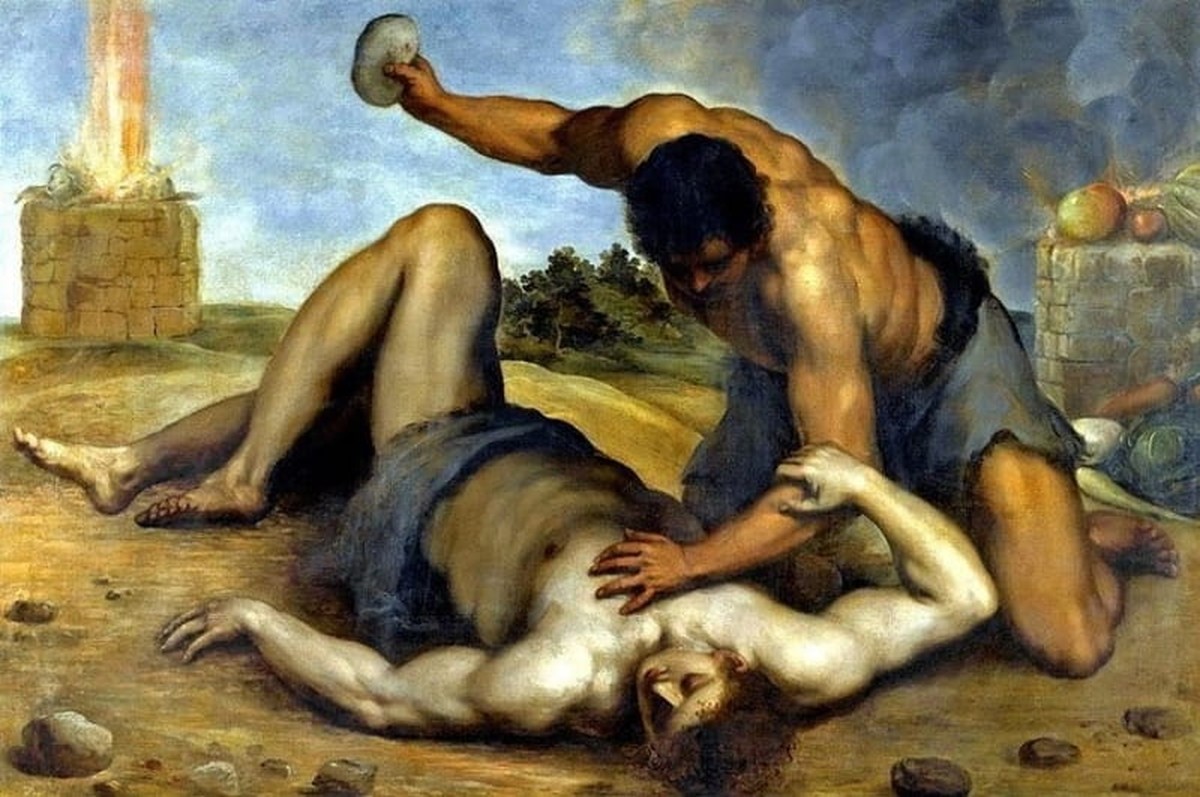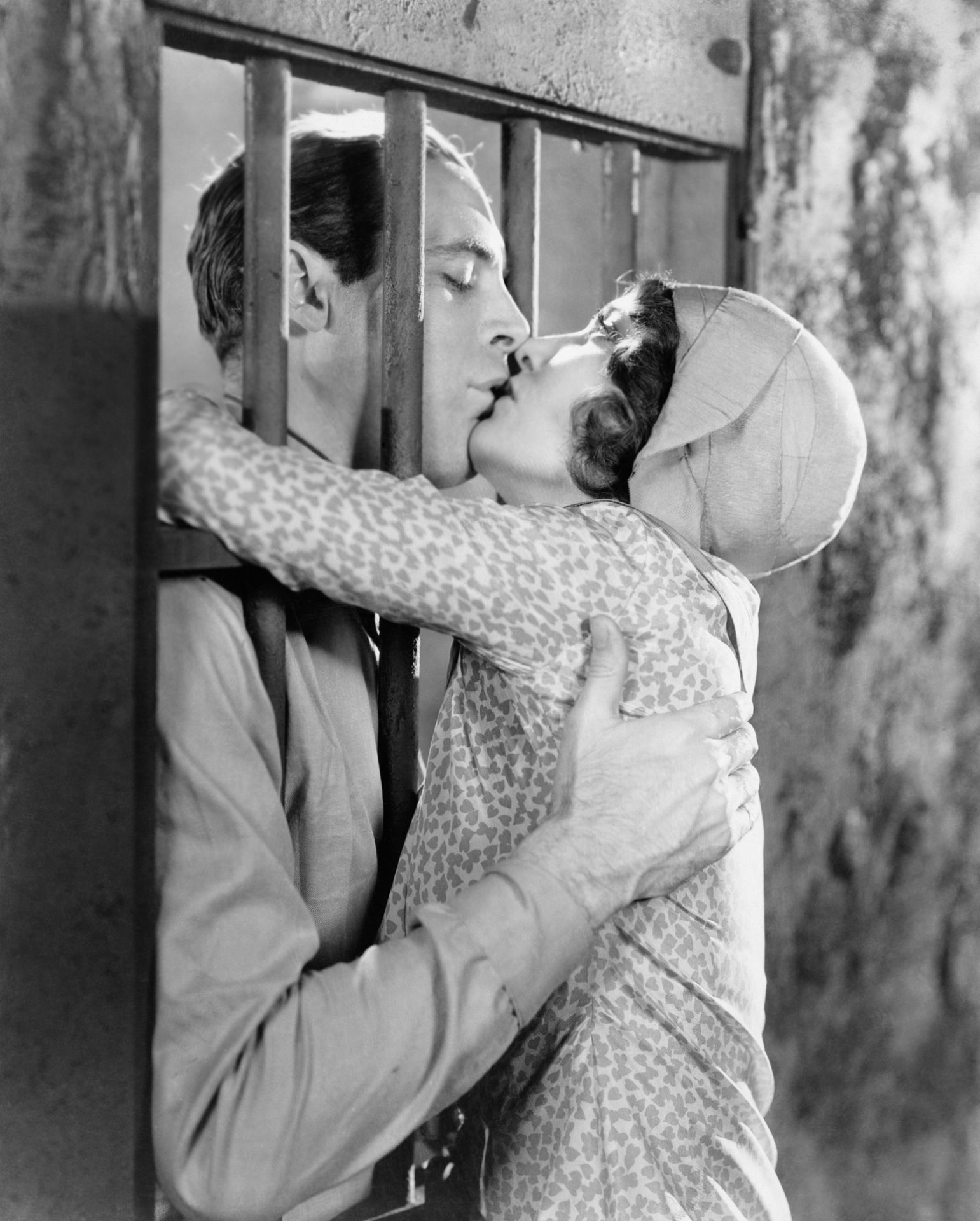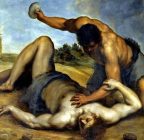The Functionalist Manifesto: Necessity, the Mother of the Good

Necessity is reality’s needed judgment on human affairs. You would think that the partisans of the good would seize on it to support their good works. They don’t. It might be that necessity is a reality check of their musings and power. Tweet

Necessity is not only the mother of invention; it is the mother of the good. Our species lives in the garden of necessity and that is a good thing.
Man is not the measure of all things. The truth is not a product of human willfulness. Human being are not the makers of truth, good and evil, or science. We are its discoverers.
While the good has a claim that rises above necessity, denying necessity—and the limits that inform it—is not in interest of the good, the truth, or human beings. It does not tarnish the good that there exists a reality outside of it that provides a painful or positive feedback loop. In fact, quite the opposite, necessity burnishes it. Necessity is man’s frontline, first judge. It guides and chastises our pursuit of knowledge and perfection. It opens up freedom, real possibilities, by showing where we are not free to go.
Necessity is reality’s needed judgment on human affairs.
By necessity we are taught common sense; by common sense we become able to know right from wrong, to know what is true and what is beautiful. Our knowledge of truth, goodness, and beauty is our birthright because we live in the garden of necessity. Necessity is reality’s needed judgment on human affairs.
One would think that that partisans of the good would seize on necessity and use it as the low but solid ground of the human good. They don’t. Since the beginning, the teachers of the good, have tried to push necessity out of its teaching of human ethics.
Why? In short, our moral teachers—philosophers and priests alike—thought we could not handle the truths of its teachings. Instead of the accepting and wrestling with the selfish reality of man, and using necessity as external support, necessity is pushed out and treated as dark art. It might also be that necessity is a reality check of their musings and power.
What’s the dark secret that rank and file of men can’t handle? That bad men can and do prosper.
What’s the dark secret that rank and file of men can’t handle? That bad men can and do prosper. And do so by cultivating the public appearances of good behavior and concern for the public good, all the while acting in a manner in that is in their self, class, and institutional interest. I have just paraphrased Machiavelli, who was more a teacher of necessity than the good.
This insight, however partial, is not something that should be hidden or covered over. This is something to be mindful of and vigilant to guard against. To do otherwise is no service to man; it’s a disservice to man. How much human misery would have been avoided if our moral instructors chose otherwise? By hiding this truth, they created lambs that could be easily led away astray or remain naive to ways of the world and thus vulnerable to being eaten by the lions.
The good and necessity stand and fall together.
Lions are a constant in human affairs. If you think they are relic of the age of religion, you are very wrong. They existed before religion, during age of religion, and are thriving in our postmodern moment. They are particularly dangerous is a post truth, post common sense, post necessity, post consequence world.
Now that you know what you are looking for; keep an eye out for them. They are everywhere. To recognize this is not cynicism but a precondition of moral realism. The good and necessity stand and fall together.
The Functionalist Manifesto: know thyself at the species level
More From Guy Shepherd














